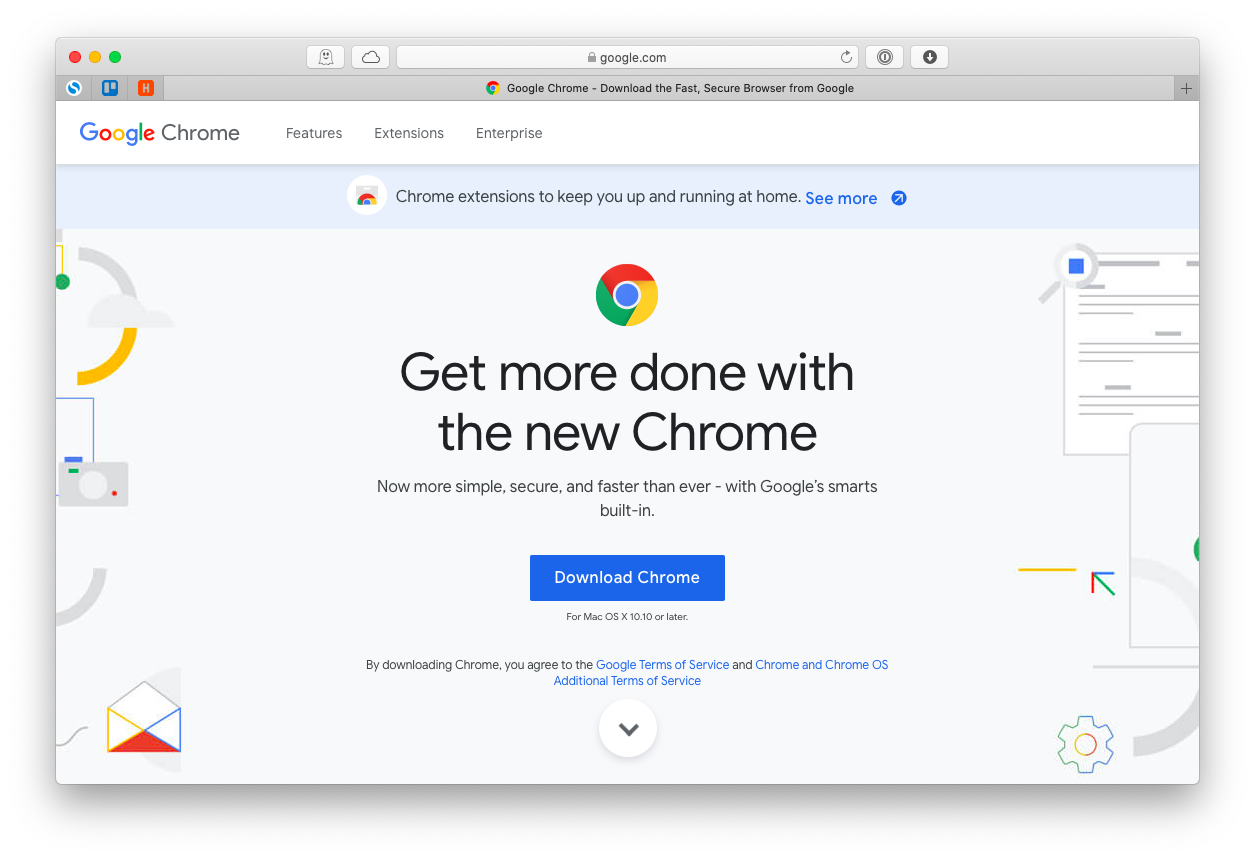

You can step up your Chrome OS update schedule and get early access to new features if you want. Sometimes, though, upgrades arrive even more frequently than that.

Officially, the regular stable version of Chrome OS is updated every two to three weeks with minor fixes and every six weeks with more significant revisions. Device-makers can't modify the operating system as they can with Android, so there's no real variance in the software from one device to the next and thus no need for manufacturers to be involved in the rollout process.

Software updates on Chrome OS are delivered multiple times a month - and since they're sent to all devices directly from Google, they generally show up for everyone at more or less the same time. Chrome OS upgrades arrive every two to three weeks - sometimes even more frequently - regardless of what device you have. The updates will always show up and take care of themselves in short order. You can manually force a Chromebook to check for updates by going into its Help screen (chrome://help) - but unless you're just impatient and itching for something new, there's really no need to do that. If you open it, the system will offer you the opportunity to apply the update immediately otherwise, it'll just take effect on its own with no fanfare the next time you restart. You'll see a small arrow icon in the lower-right corner of the screen, near the clock, whenever a new update has been downloaded and is ready to go. Google's software updates itself automatically in the background while you're using your Chromebook the system won't pester you to reboot or make you wait while it applies new software at startup (with the exception being the very first time you power up and sign into a new Chrome OS device). The first rule of Chrome OS upgrades is that your device doesn't talk about Chrome OS upgrades. Chrome OS upgrades happen automatically and quietly, with no annoying delays or notifications.


 0 kommentar(er)
0 kommentar(er)
